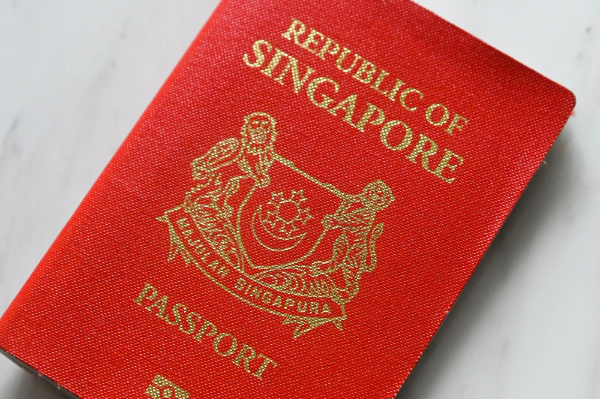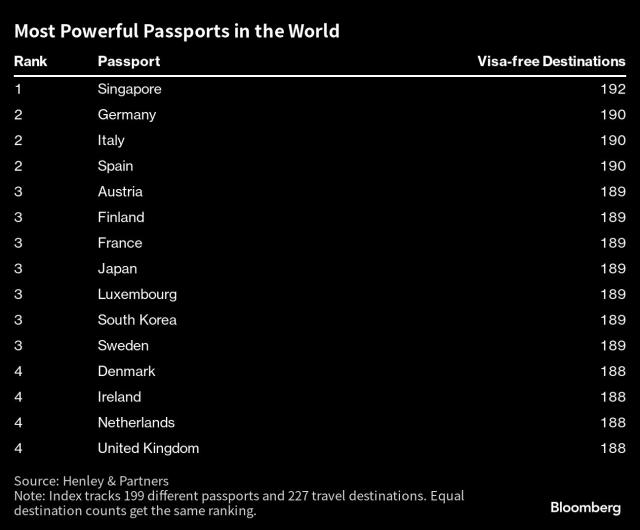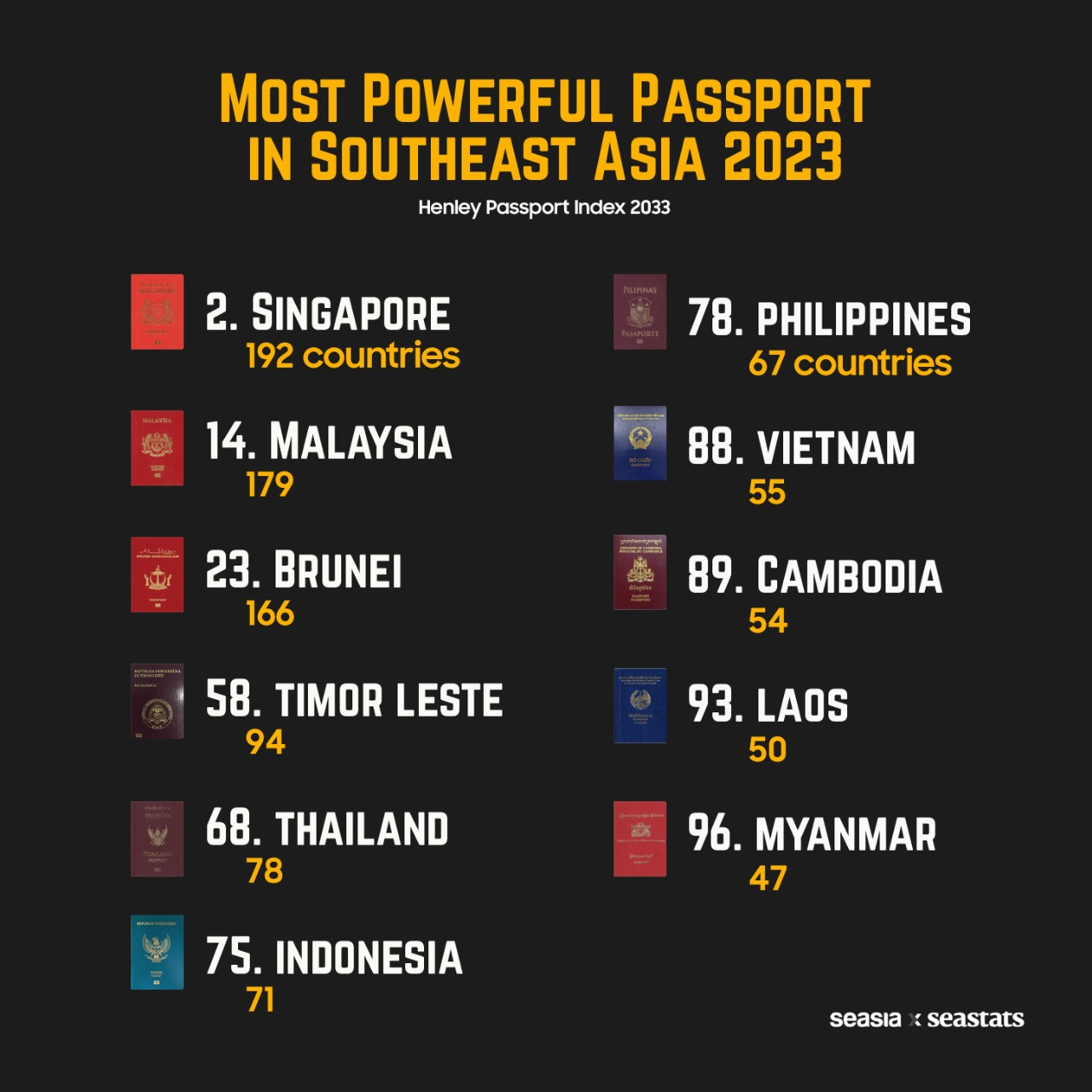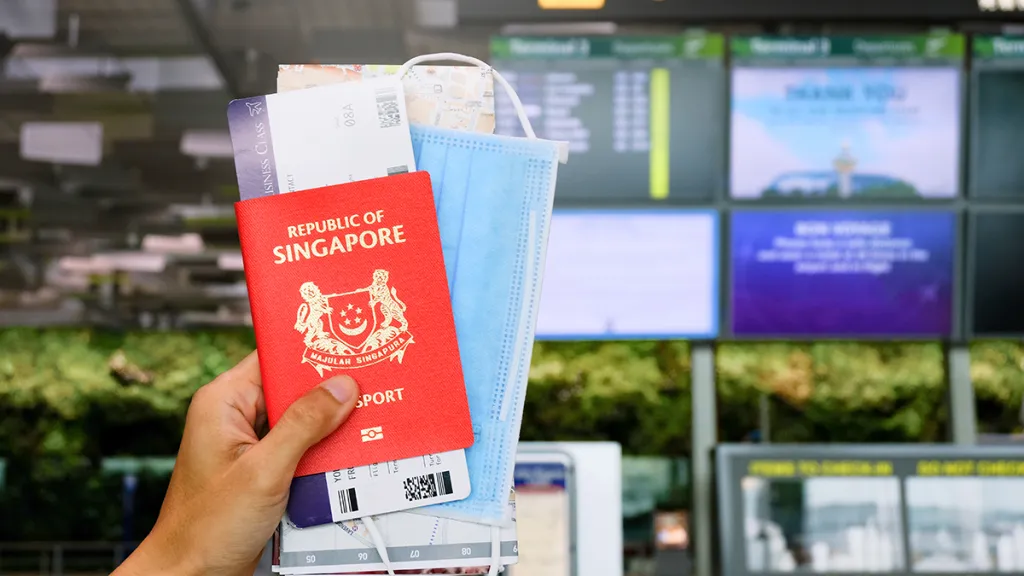What Did Singapore Do to Have the World’s Strongest Passport?
How Did Singapore Achieve the World’s Strongest Passport?

Having the most powerful passport in the world is no small feat, but Singapore has managed to claim this title multiple times over the years, with 2024 marking yet another triumph. With visa-free or visa-on-arrival access to 192 countries as of 2024, the Singaporean passport is a symbol of not only global mobility but also the country’s success in diplomacy, security, and international reputation.
But how did a small island nation achieve such a prestigious standing? What did Singapore do to earn the world’s strongest passport, and what factors contributed to its continued dominance in the rankings? Let’s take a deep dive into the strategies, policies, and unique characteristics that helped Singapore rise to the top.
The Challenge: How Passport Rankings Work
Before we dive into what Singapore did right, let’s look at how passport rankings work. The strength of a passport is determined by its Global Mobility Score, which reflects how many countries passport holders can enter without requiring a visa beforehand. Passports that allow for visa-free or visa-on-arrival access to a higher number of countries tend to rank higher.
Countries like Japan, Germany, and South Korea have historically been in the top ranks as well. However, the rankings fluctuate based on a country’s diplomatic relationships, security policies, and global standing.
Singapore, in particular, has consistently ranked high on this list, surpassing other nations to become the passport that opens the most doors in 2024.

1. Strong Diplomatic Relations
Singapore’s rise to having the strongest passport is no coincidence—it’s the result of decades of strategic diplomacy. Singapore has built strong relationships with countries across the globe, particularly in Asia, Europe, and North America. These diplomatic ties are key to securing visa-free agreements with a wide range of countries.
Example:
Countries typically require reciprocal agreements when it comes to visa policies. If Singapore allows citizens from certain countries to enter visa-free, those countries are more likely to extend the same benefit to Singaporean citizens. Over time, Singapore has been able to build a network of mutually beneficial agreements that have strengthened its passport’s power.
Tip: Maintaining a neutral, business-friendly, and globally-minded foreign policy has allowed Singapore to navigate international diplomacy with ease, avoiding conflicts that might otherwise restrict the movement of its citizens.
2. A Reputation for Safety and Security

One of the main reasons countries are willing to grant visa-free access to Singaporean passport holders is the country’s reputation for security. Singapore is well-known for its low crime rates, efficient law enforcement, and stringent immigration policies, making it a trusted partner for many nations.
Why This Matters:
When countries consider granting visa-free access, they assess the risk level of travelers from that country. Factors like the likelihood of overstaying visas, involvement in illegal activities, or threats to national security play a major role in these decisions. Singapore’s strict domestic policies and its ability to maintain internal security have built trust among other nations.
Example:
Singapore’s immigration and border control systems are considered some of the most robust in the world. This strong foundation in national security is a key reason why other countries feel confident in allowing Singaporean travelers entry without requiring extensive vetting processes.
Tip: Singapore’s commitment to security extends beyond its borders, with extensive cooperation in international security efforts, further bolstering its global reputation.
3. Economic Power and Influence
Singapore’s economic success is another major factor that contributes to the strength of its passport. As one of the world’s leading financial hubs, Singapore has positioned itself as a key player in global trade, finance, and innovation. This economic influence gives the country leverage when negotiating visa agreements with other nations.
Example:
Countries are more inclined to offer visa-free travel to citizens of economically prosperous nations, as these travelers are seen as less likely to overstay their visas or engage in illegal work. Singaporeans, on average, have a high standard of living, making them desirable tourists and business travelers.
In fact, Singapore is home to many multinational corporations and has strong trade relationships across the globe, further enhancing its economic clout. This reputation helps Singapore negotiate favorable terms when it comes to travel access.
Tip: The stability of Singapore’s economy also gives the country more diplomatic weight when engaging in international discussions on trade and travel.
4. Efficient and Transparent Governance
Another major factor contributing to the strength of Singapore’s passport is the country’s efficient government and transparent legal system. Singapore’s approach to governance is characterized by its strong institutions, low corruption rates, and effective policymaking.
Why This Matters:
Countries granting visa-free access to Singaporeans know that the country has strict laws and governance structures that discourage illegal activities and immigration fraud. This trust in Singapore’s legal system is a key reason why its citizens are welcomed with open arms in many countries.
Example:
Singapore’s commitment to transparency and efficiency in both its domestic and foreign policies helps build trust with other governments, which in turn results in favorable travel arrangements for its citizens.
5. Strategic Regional Positioning

Geographically, Singapore sits at the heart of Southeast Asia, one of the most dynamic regions in the world. The country’s strategic location has helped it develop as a hub for global trade, finance, and tourism, making it an essential partner for many countries worldwide.
How It Helps:
Singapore’s location has allowed it to forge strong relationships with its neighbors in ASEAN (Association of Southeast Asian Nations), which collectively offer extensive visa-free travel to Singaporeans. Additionally, the country’s connectivity to Europe, Asia, and Australia further enhances its importance in global travel and trade routes.
Example:
Singapore’s close ties with ASEAN nations allow its citizens to travel freely within the region, boosting its passport’s strength. The same goes for its close economic partnerships with countries in Europe and the United States, which have reciprocated by offering visa-free or visa-on-arrival access.
6. Consistent Global Standing
Lastly, Singapore’s consistent global standing plays a significant role in the strength of its passport. Whether it’s through economic partnerships, trade deals, or participation in international organizations, Singapore has maintained a steady and positive global presence.
Example:
The Henley Passport Index, which ranks passports based on global mobility, takes into account the trust and reliability a country projects on the world stage. Singapore’s proactive participation in global initiatives, along with its adherence to international laws and standards, makes it a country that others are eager to build strong relationships with.
Tip: The strength of a passport isn’t built overnight. Singapore’s passport dominance is the result of years of consistent, strategic diplomacy, security, and governance efforts.
Climax: The Ripple Effect of Having the World’s Strongest Passport
So, why does having the world’s strongest passport matter so much? For Singaporeans, it’s not just about the convenience of travel—it’s a reflection of their country’s global influence and reputation. It opens doors for business opportunities, education, and tourism, making it easier for citizens to explore the world, build international connections, and contribute to global markets.
Furthermore, the strength of a country’s passport impacts its citizens’ freedom of movement and quality of life, as well as its standing in diplomatic and economic circles. For Singapore, having such a strong passport enhances its influence on the global stage, allowing it to negotiate from a position of strength in international affairs.
Conclusion: What Can Other Countries Learn from Singapore?
Singapore’s journey to the top of the passport rankings didn’t happen overnight. It’s the result of decades of careful planning, diplomacy, security measures, and economic development. Other countries aiming to improve the strength of their passports can learn from Singapore’s approach by:
- Building strong diplomatic ties with other nations.
- Maintaining a reputation for safety and security.
- Fostering economic stability and growth.
- Ensuring transparent and efficient governance.
At the end of the day, a passport is more than just a travel document—it’s a symbol of a country’s standing in the world. And Singapore has proven time and again that it deserves its place at the top.
Want more insights on global mobility and travel trends? Subscribe to our blog for the latest updates.
comments powered by Disqus